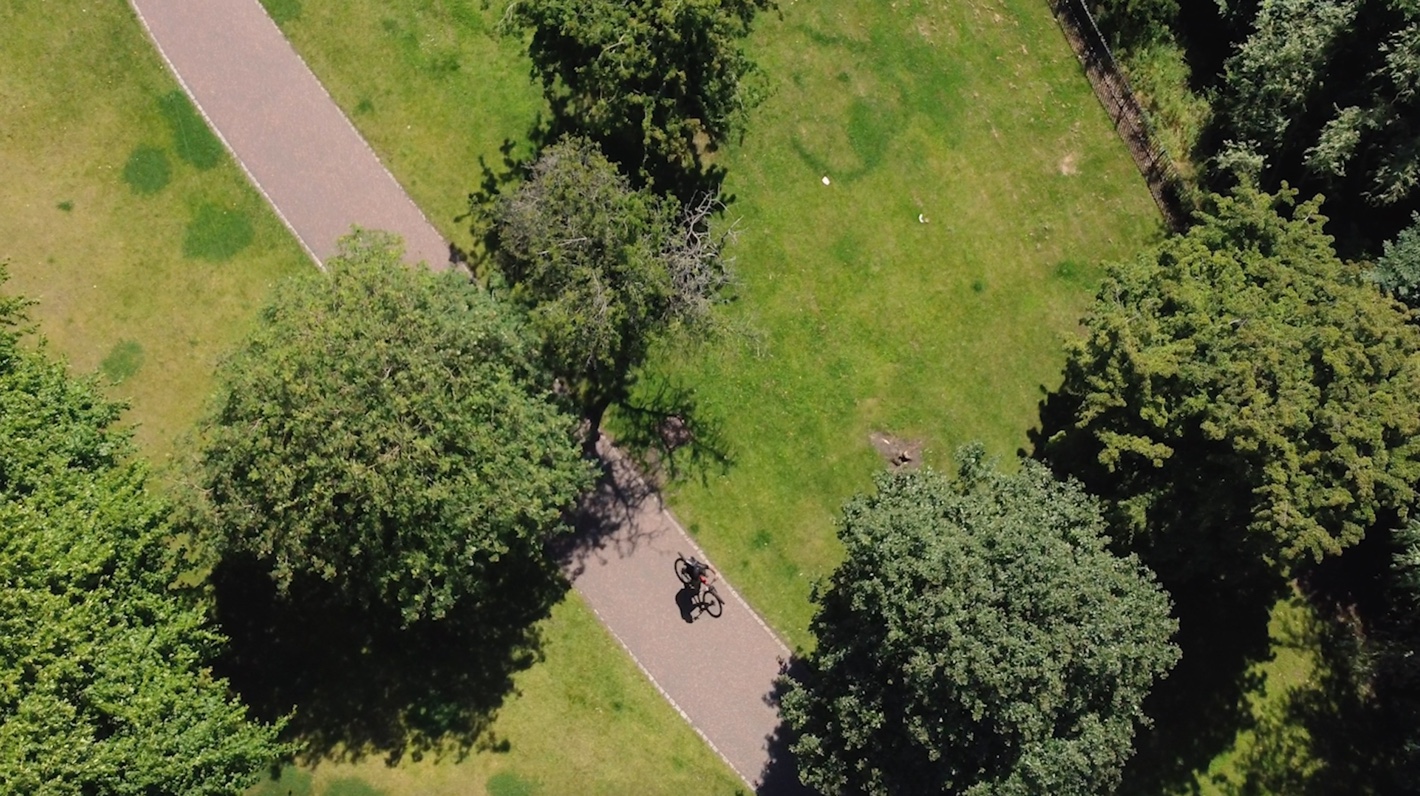
MSPs debate fracking & unconventional gas ban
Today the Scottish Parliament will debate planning priorities and policies for the future. MSPs have received thousands of messages asking them to call for a ban on unconventional gas and fracking. The Scottish Government has already proposed buffer zones around unconventional gas developments, and MSPs are also being asked to press the Government to set a minimum distance of 2km. Today also sees the opening of the UK’s first Public Inquiry into a planning application for commercial unconventional gas extraction, at Airth.
Dr Richard Dixon, Director of Friends of the Earth Scotland, said, “Unconventional gas is unsafe and unnecessary, with risks to human health and the environment from shale gas fracking and coalbed methane drilling. The last thing the climate needs is more dirty fossil fuels.
“Most of central Scotland is earmarked for this kind of controversial gas exploration and development, but the Scottish Government could use planning powers to prevent fracking and other risky techniques from taking place in Scotland. Scotland could join the many states and countries who have banned unconventional gas.“
The Parliament’s Economy, Energy and Tourism Committee last week endorsed the idea of buffer zones and called on Ministers to set a minimum distance between unconventional gas developments and homes and sensitive industries.
Dr Dixon commented: “We welcome the Committee’s conclusions that Ministers should name a distance for buffer zones around unconventional gas developments, and we call on Ministers to set a minimum distance of 2km for these zones. In New South Wales the limit is 2km and 95% of all the residential homes at threat are now protected by a buffer zone. Communities and individuals in Scotland deserve no less.”
A number of areas in Scotland are already under license for onshore unconventional gas development, but in December the UK Government published a map of areas, including vast swathes of Scotland, that could be licensed for future shale gas and coalbed methane extraction. [2]
ENDS
Notes to Editors
1. There are currently 5 areas under license in Scotland where unconventional gas activity has taken place (see http://www.foe.co.uk/campaigns/climate/issues/uk_fracking_map_41274.html). Activity to date has focussed on coalbed methane drilling which carries many similar risks to the process of extracting shale gas by hydraulic fracturing, or ‘fracking’. Unlike shale gas, coalbed methane extraction doesn’t always involve fracking – at least not in the early years of a development. Instead, coal seams are de-pressurised by pumping out large volumes of water. But as gas flow starts to decline after a few years, wells are often fracked to increase productivity. In Australia the industry estimates that up to 40% of coalbed methane wells end up being fracked.
2. http://www.foe-scotland.org.uk/node/1724 – our press release on communities at risk of fracking and unconventional gas extraction across Scotland.
3. Bans and moratoria around the world:
France: A nationwide ban on fracking Switzerland: A moratorium on fracking was introduced in the canton of Fribourg Germany: Moratorium in Northrhine-Westphalia on fracking. Lower Saxony likely to do the same. National moratorium written into new coalition Government agreement.Bulgaria: Government banned frackingCzech Republic: A moratorium on fracking, considering outright banSpain: Cantabria banned fracking, La Rioja is also currently considering sameNetherlands: Moratorium on unconventional fossil fuelsDenmark: Moratorium on fracking Quebec: A moratorium on fracking United States: Vermont banned fracking, and New York has moratorium New South Wales: ban on any coal bed methane activity within 2km of residential areas, and within critical industry clusters such as winegrowing areasIreland: 2-year moratorium on fracking
4. Friends of the Earth Scotland is
* Scotland’s leading environmental campaigning organisation
* An independent Scottish charity with a network of thousands of supporters and active local groups across Scotland
* Part of the largest grassroots environmental network in the world, uniting over 2 million supporters, 77 national member groups, and some 5,000 local activist groups.
